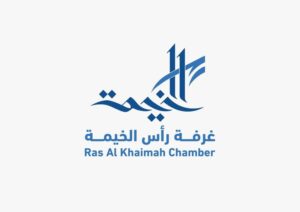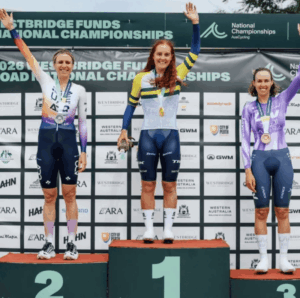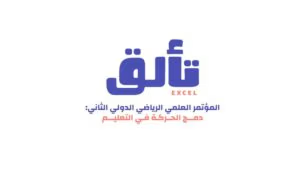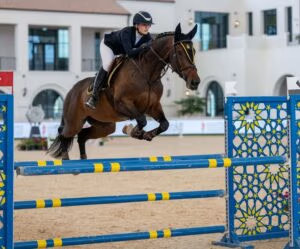As the 2025 Islamic Solidarity Games take place in Riyadh this week, Saudi Arabia’s growing investment in sport under Vision 2030 exemplifies how the Kingdom —and the wider region — are embedding sport as a key pillar of national development and pride.
A new Strategy& Middle East report, “The quest for gold: A pathway to Olympic glory for the Arab world,” outlines how Arab nations can build on this momentum to harness sport as a driver of social and economic benefits — and sets out a roadmap to achieving sustained athletic success.
According to the report, Arab League nations have collectively won around 71 medals over the past five Summer Olympic Games, primarily in athletics and combat sports. These nations — home to about 5.4% of the world’s population — accounted for 1.4% of total Olympic medals over the same period, highlighting the significant potential to broaden sporting success across disciplines in the years ahead.
Sport as a catalyst for national development
Sporting success delivers tangible economic and social benefits apart from prestige. Beyond redefining a country’s global image, sport contributes to healthier societies and public well-being. Success on the field inspires wider participation, strengthens social cohesion, and encourages youth engagement.
It also drives commercial and economic opportunity. Winning on the world stage attracts global sponsorship and investment into national sports ecosystems. As participation expands, jobs are created in coaching, sports science, infrastructure development, tourism, and event management, among others. In the United Kingdom, Sport England estimates that every £1 invested in community sport generates over £4 in value for the economy and society.
Johnny Yaacoub, Partner at Strategy& Middle East, said: “Sport is a unifying force that strengthens economies and communities. Building a high-performance ecosystem goes beyond just winning medals – it nurtures pride, resilience, and shared identity for societies.”

Building momentum across the region
Historically, hosting major sporting events has often accelerated athletic performance of nations, with the report finding that Olympic host nations win on average about 20 more medals than four years earlier—often achieving record totals. Lasting success, however, depends on a systematic, long-term approach that strengthens athlete pathways, coaching, and governance.
Strategic focus and governance reform are also essential for progress. France’s creation of its National Sports Agency in 2019, supported by an annual US$125 million investment for roughly 1,000 Olympic hopefuls, led to 64 medals at the Paris 2024 Games – its best modern-era performance.
The report highlights a range of structured programs emerging across the Arab world to nurture athletes from the grassroots level to elite competition. Saudi Arabia’s Mahd Sports Academy is developing young athletes across Olympic disciplines with international expertise. Qatar’s Aspire Academy and its nationwide School Olympic Program engage tens of thousands of students each year across more than 25 Olympic sports. The UAE’s National Service Athlete Programme allows elite athletes to continue high-performance training and international competition participation while fulfilling national service obligations. Egypt’s National Talent and Olympic Champion Project identifies and supports promising athletes in weightlifting, wrestling, and taekwondo.
Vincenzo Musumeci, Principal at Strategy& Middle East, said: “There is tremendous potential that can be unlocked across the region, which has the population, resources, and determination to redefine its place in global sport. Sustained commitment and stronger institutional coordination will be key to translating ambition into results. A focused roadmap across grassroots, talent development, and high performance can turn this potential into consistent podium success.”
Roadmap for success
The report outlines a comprehensive roadmap for Arab nations to strengthen their sporting systems – focused on three key phases of athlete development.
In the grassroots phase, the report calls for fostering love for sport, teaching fundamental skills, and promoting physical activity to build a broader base of young participants from which future talent can emerge. Clubs, schools, universities, and community programs play a foundational role at this stage. It is also recognized that investing in sports participation and physical education is valuable from a social and public health perspective.
In the talent development phase, the report highlights the importance of early talent identification and support, ensuring that promising athletes receive the right training, coaching, and guidance during formative years. By putting structured systems in place—through schools, clubs, and national programs—Arab nations can strengthen their athletic pipelines, help athletes stay engaged in their sporting careers and minimize the perceived risks of a sporting career.
In the high-performance phase, the report emphasizes two factors that become critical in the final stages of talent development and are essential for sustained success: participation in top-level competitions—especially those hosted domestically—and continued investment in sports science and innovation to enhance performance and extend athletic careers





